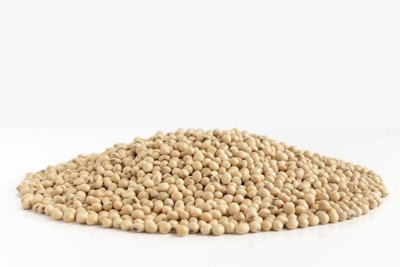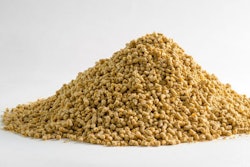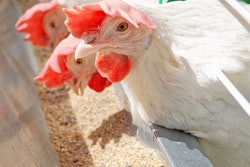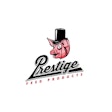
Partnerships with BioMar, other parties were critical to developing sustainable soy product for aquaculture
While much of the startup world is focused on finding more sustainable alternatives to soy ingredients, Benson Hill has taken a different approach — and is finding success with a mix of technology and good old-fashioned collaborative problem solving.
Benson Hill, a U.S.-based food technology company that uses data science to selectively and rapidly breed plants for specific traits, announced this year that it had formed a partnership with aquaculture feed supplier BioMar to develop more sustainable soy ingredients. According to a statement by BioMar global sourcing director Morten Holdorff Møjbæk, BioMar was looking for suppliers with commitments to responsible sourcing after its exit from the raw materials market in Russia last year.
“Benson Hill’s closed-loop business model, robust U.S. farmer network, and ability to trace back to seed make them an ideal collaborator,” he said.
Now a few months into the partnership, Benson Hill executive vice president Andres Martin said supplying high-protein soy to BioMar is just the beginning. The partners are now working together to further reduce the footprint of soy ingredients.
Benson Hill’s work on sustainable soy began with the development of a high-protein, low-oligosaccharide soybean variety, Martin said. Although the high-protein soybeans weren’t bred with aquaculture in mind, the nutritional profile happened to be a good fit for raising fish, especially salmon, Martin said. They initially formed a partnership with Riverence, a trout producer, to test the soybeans in fish diets in conjunction with U.S. research universities.
Riverence, in addition to providing the opportunity to test the product at scale in a commercial setting, is also a leader in sustainable aquaculture, Martin said. So Benson Hill began to see how their product could fit into producers’ sustainability goals.
Looking to have an even broader impact on the industry, Benson Hill then opened an international office overseas. Talks with BioMar progressed rapidly after the two companies were introduced, Martin said.
“As soon as we started talking about the current value proposition that we could deliver, the conversations went very fast,” Martin said. “We quickly realized this is something where both companies can collaborate not only on current ingredients, but also on innovations for the future to improve sustainability and fish nutrition.”
Benson Hill’s high protein soybeans have an natural advantage when it comes to sustainability, Martin said. The high concentration of protein allows them to replace soy-protein concentrates with minimal processing, which reduces the carbon emissions and water use associated with the ingredient’s production. But in order to supply soy to BioMar, the company had to take their commitment to sustainability a step further — they had to ensure their product was certified non-GMO and deforestation-free. So the company applied for and received certification with the ProTerra foundation.
Collaborating with BioMar pushed both companies to become more transparent in their processes and with their data, which in turn will lead to a deeper understanding of how sustainability can improve across the entire aquafeed supply chains, Martin said. And the long-term objective for both companies, he said, is to improve soy products wherever they are used.
For now, the focus at Benson Hill is scaling up their aquaculture ingredients, Martin said. But they’ve already made inroads in the pet and poultry industries, and the potential of creating new, innovative products for biofuel production is also on the horizon.
“Aquaculture has caught a lot of attention and a lot of resources and efforts on our side,” Martin said, “but we now see ourselves getting into other sectors that have a similar value proposition: sustainability.”














